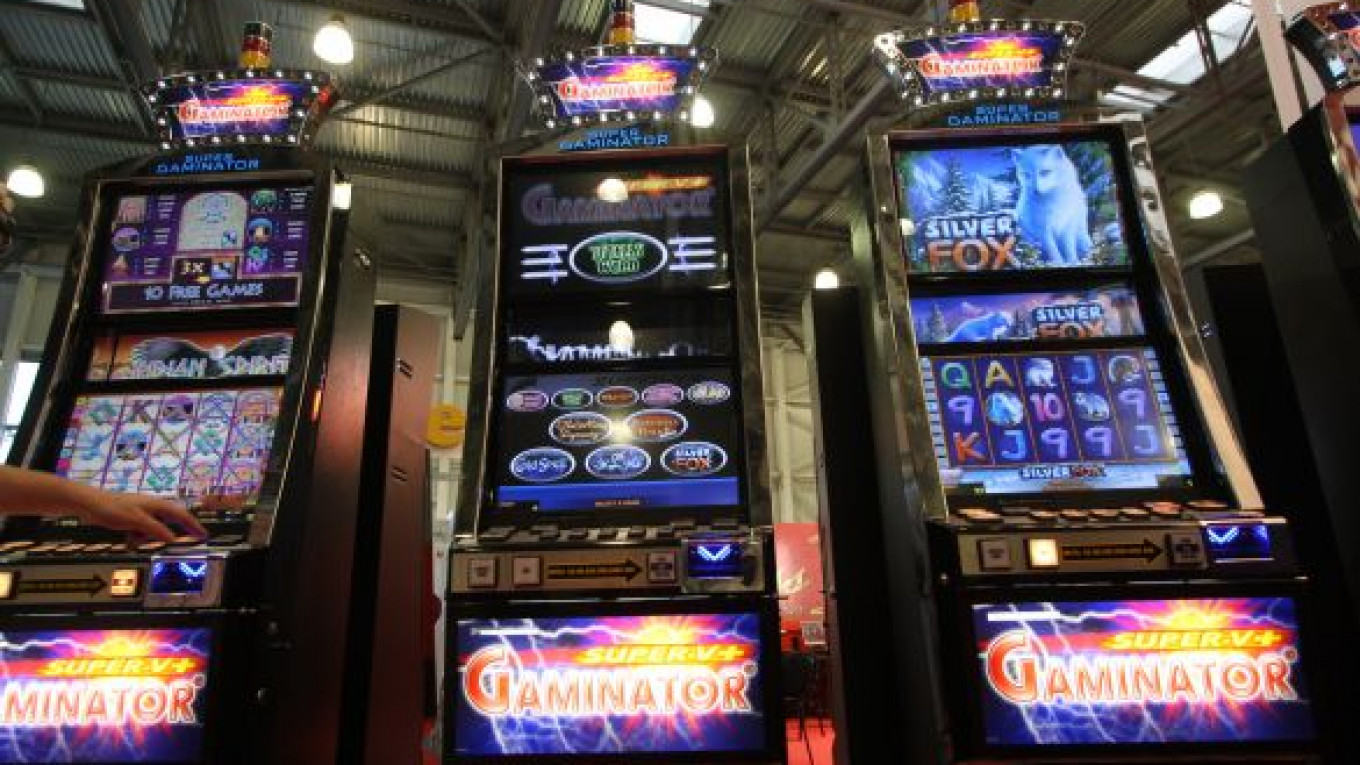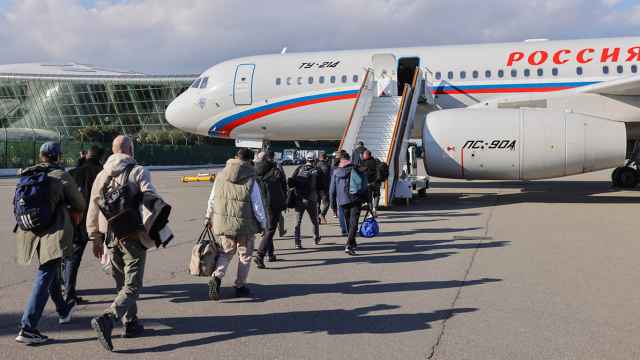HONG KONG — Hoping to lure global casino titans to set up large-scale resorts, the Primorye region unveiled guidelines offering companies more lucrative terms than Macau and Singapore, intensifying the race to secure investments in Asia's expanding gambling industry.
Russia's move to attract international companies comes at a time when other Asian countries, including the Philippines and Vietnam, are developing casino resorts to boost tourism revenues. Taiwan's Matsu Islands also voted recently to allow casino resorts.
Home to the port city of Vladivostok, the Primorye region, a mountainous region bordering China and Korea, is planning to develop 12 casinos.
The first phase of a three-part rollout is to be completed by 2016, and total investment is planned to be about $2 billion.
In a document made public Thursday, state-owned real estate developer Nash Dom Primorye invited companies to bid on the project, promising favorable lease terms and effectively zero taxes on gross gambling revenues in exchange for job creation and development of the area's tourism industry.
Macau, the world's gambling capital, has a 39 percent tax on gross gambling revenue, while Singapore taxes gambling revenue at about 15 percent.
Companies bidding for the Russian project should focus on generating inbound tourism from East Asia, specifically South Korea, Japan and greater China, the filing said.
Operators in locales like Macau and Singapore will still provide tough competition, but the Russian region could attract gamblers from northern China, who won't have to travel as far.
Vladivostok, which has been undergoing a facelift ahead of hosting the APEC summit in September, is two hours by plane from Seoul and Tokyo.
Revenues from the tourism zone, which will include luxury hotels, a yacht club, shopping malls and sporting venues for skiing and golf, could hit $2 billion.
That figure could rise to $7 billion once the zone is complete, industry analysts said.
That would compare favorably with Singapore, which earned $5.7 billion in gambling revenue in 2011, they said.
Russian nationals will be able to legally gamble in the zone, which means the market will be much larger than in countries such as Vietnam, where only foreign-passport holders can gamble.
The zone, which can accommodate about five large resorts, will give operators control of the land until 2025 under terms that can be extended.
There is no maximum restriction on the amount of allowable casino gambling space, but the government wants companies to ensure that nongambling revenues make up a large proportion of total revenues.
It is using a model similar to that of Las Vegas, a resort destination popular with convention organizers.
Casino operators will be allowed to compete on the extension of credit to gamblers, according to the request for concepts. Bidders are also being asked to suggest how junket companies, which act as a conduit for bringing in wealthy high rollers, should be regulated.
"At present, there is no legislation in the Russian Federation that regulates junkets and junket licensing," said Marina Lomakina, general director of Nash Dom Primorye. "However, we envision that in the future the integrated entertainment zone will be closer to that of Las Vegas than to the stricter controls that we see in Singapore."
Russia was using a process to select casino companies similar to the one used by Singapore.
The country would implement "strict international standards" against money laundering and illegal money lending similar to those of Las Vegas, Macau and Singapore.
The deadline for submitting proposals is Sept. 21. The government will then review the bids and start discussions with potential investors by the end of October.
A Message from The Moscow Times:
Dear readers,
We are facing unprecedented challenges. Russia's Prosecutor General's Office has designated The Moscow Times as an "undesirable" organization, criminalizing our work and putting our staff at risk of prosecution. This follows our earlier unjust labeling as a "foreign agent."
These actions are direct attempts to silence independent journalism in Russia. The authorities claim our work "discredits the decisions of the Russian leadership." We see things differently: we strive to provide accurate, unbiased reporting on Russia.
We, the journalists of The Moscow Times, refuse to be silenced. But to continue our work, we need your help.
Your support, no matter how small, makes a world of difference. If you can, please support us monthly starting from just $2. It's quick to set up, and every contribution makes a significant impact.
By supporting The Moscow Times, you're defending open, independent journalism in the face of repression. Thank you for standing with us.
Remind me later.






